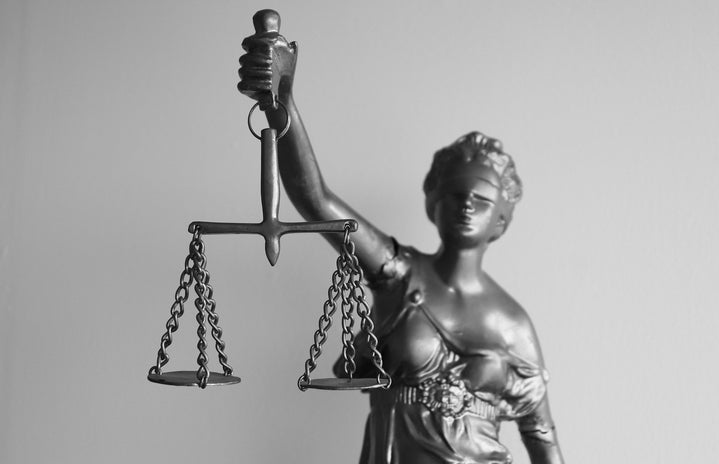It’s been 25 years since the Srebrenica massacre took place in July 1995. Yet the impact of this horrific event has had long lasting consequences on today’s world, with victims of the violent crimes still being identified and buried to this day. Not to mention, the intense and traumatic emotional scars this heinous event has wrought on the survivors.
Despite Srenbrenica orginally being a UN Safe zone, with peace keeping troops issued to protect the rights of those who were fleeing persecution, the Bosnian Serb armed forces illegally invaded the area. They took many of the UN peace keepers hostage and forced the Bosnian Muslims to exchange all their weapons in a guise for granting peace.
Once, they had fully surrendered their weapons, the Bosnian Serb army opened fire on the vulnerable Bosnian Muslims, mainly young boys and men.
Over 8,000 innocent Bosnian Muslims were killed by armed forces within 5 days in a series of ethnic cleansings.
More than 20,000, mainly women and children, were forcibly deported from the area and reportedly tortured and raped.
296 villages were destroyed in the process including many houses belonging to Bosnian Muslims.
The dictionary definiton of the word ‘Genocide’ is: ‘the deliberate killing of a large group of people, especially those of a particular nation or ethnic group.’ Although Srebrenica is largely acknowledged by the UN as a ‘Campaign of Genocide” and as ethnic cleasing, to this day, Serbia refuses to call it this, instead dismissing it all together as a mere ‘crime’. When we live in a world where the victors write and shape our understanding of history, words are immensely important to pay attention to and the distinction between what is considered a crime and genocide is especially signficant.
It is clear that actions of the Bosnian Serb army were fundamentally fuelled by hatred against a specific ethnic group and this backed up by the fact that the Bosnian military leader, Ratko Mladić, was documented on film saying: “The time has come to take revenge on the Muslims” as he was pillaging through Srebrenica.
This refusal to own up and take accountability for the actions of genocide leaves deeprooted scars to the ethnic group who were victim to the massacre. The legacy of the Srenbrenica genocide has a very real impact on Serbia’s poltical relations today, and denying it ever happend only adds to the resentments and challenges between minority ethnic groups moving forward. It also means that the Serbian government have been able to escape paying the consequences for their actions and the Bosnian Muslims have recieved no justice.
And even though it is known to be the “Worst mass killing on European soil since WW2”, to many the genocide is unheard of due to its lack of mention in media coverage and political discussion.
We have a responsibility to remember the Srenbica genocide and hold the Serbian government to account for its persistent denial of history.
Sources:
BBC News, https://www.bbc.co.uk/news/av/world-europe-33496830
Britannica, https://www.britannica.com/event/Srebrenica-massacre
Institute for the Research of Genocide Canada, http://www.instituteforgenocide.ca/prelude-to-the-srebrenica-genocide/in…
Lexico, https://www.lexico.com/definition/genocide



